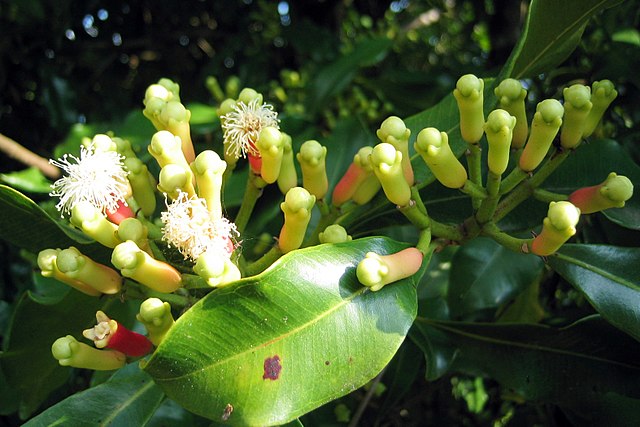A free training and cold storage project involving 50 farmers and 20 traders has reduced post-harvest losses in some parts of Zanzibar.
The project is a partnership between Sokoine University of Agriculture (SUA) and State University of Zanzibar (SAZU).
Speaking on March 21 at SUA grounds, the Dean of the School of Natural and Social Sciences at SAZU, Dr. Abdallah Rashid Mkumbukwa, praised the undertaking for reducing fruit and vegetable losses.
Following this localized success, he requested more funding to roll out the 120 million-shilling ($46,872) project across Tanzania.
This collaboration entitled Innovative Free-Energy Technologies for Reducing Postharvest Losses of Fresh Fruits and Vegetables lasted 5 years.
With the funding of a parastatal, the project trained 70 small family growers and traders through its 52-month course. It also constructed a free coolant for fresh produce in three villages in Western Zanzibar and another in Ugunja island’s market.
In mainland Tanzania, some areas including Arusha to the north and Morogolo to the east have also embraced the technology.
According to Dr. Suleiman, a lecturer at SUA, fruit and vegetable wilt or rot remains a major challenge not only in Africa but worldwide. He cited a 50%post-harvest loss magnitude globally and up to 55% in Africa alone.
Agricultural Portrait of Zanzibar
Zanzibar is the most densely populated region in East Africa with 530 individuals per square kilometre, courtesy the 2012 census.
Its land area is mainly a lowland with mild tropical-humid conditions that nurture most tropical produce. Key produce include rice and maize, tubers like cassava and its most renowned spice, cloves. In spite of its coastal way of life, Zanzibar thrives on smallholder agriculture. Agriculture accounts for 70% of the island’s commodity exports.
Due to its small size of 2,642 square kilometers across the main islands of Pemba and Ugunja, Zanzibar’s farms are small-scale. Each family averages 0.25 hectares of farmland.
The main agricultural exports have changed hands during the past centuries. While before the 20th century ivory and cloves held sway, in the 21st century cloves, fish and raffia raise the bar.
In 2022, clove exports totaled 6,452.8 tonnes, 2,946 tonnes more than in 2021. This is however a depreciation from previous years due to clove value depreciation.
Ultimately, cloves are some of the crops that demand proper post-harvest conditions as temperature above 21ºC lead to aroma loss.
